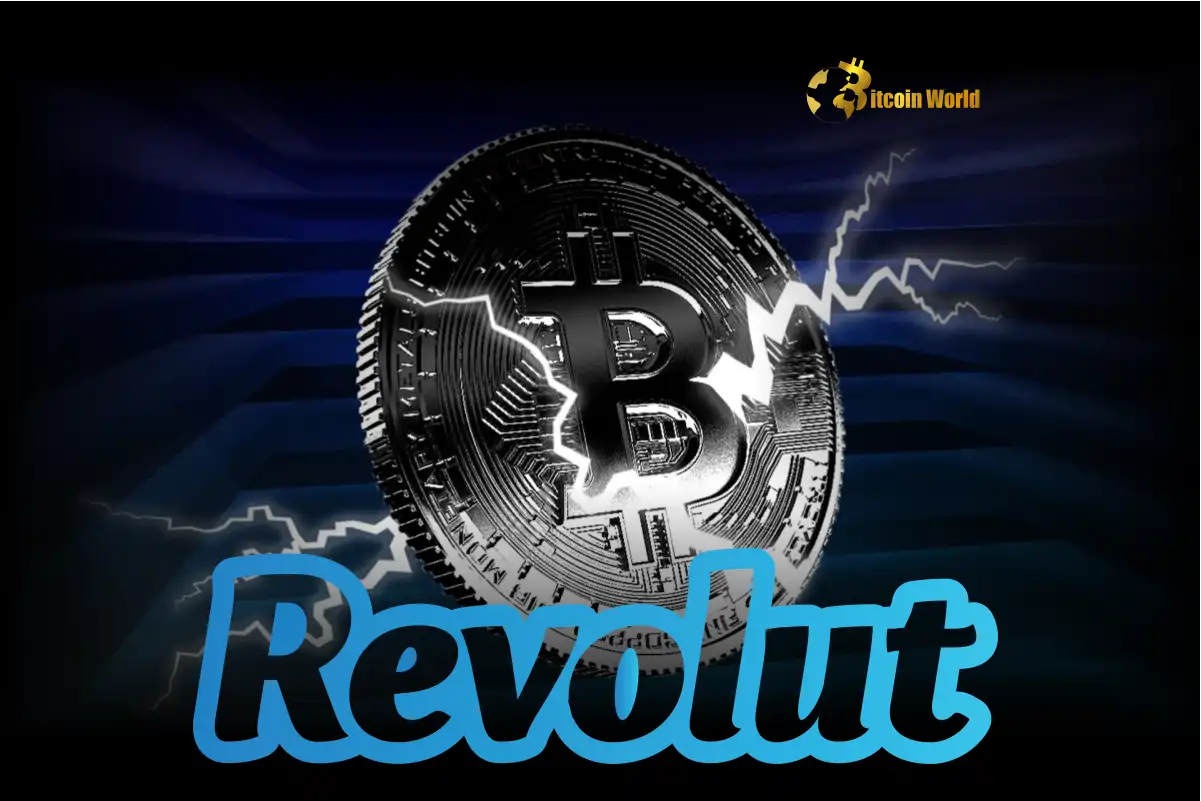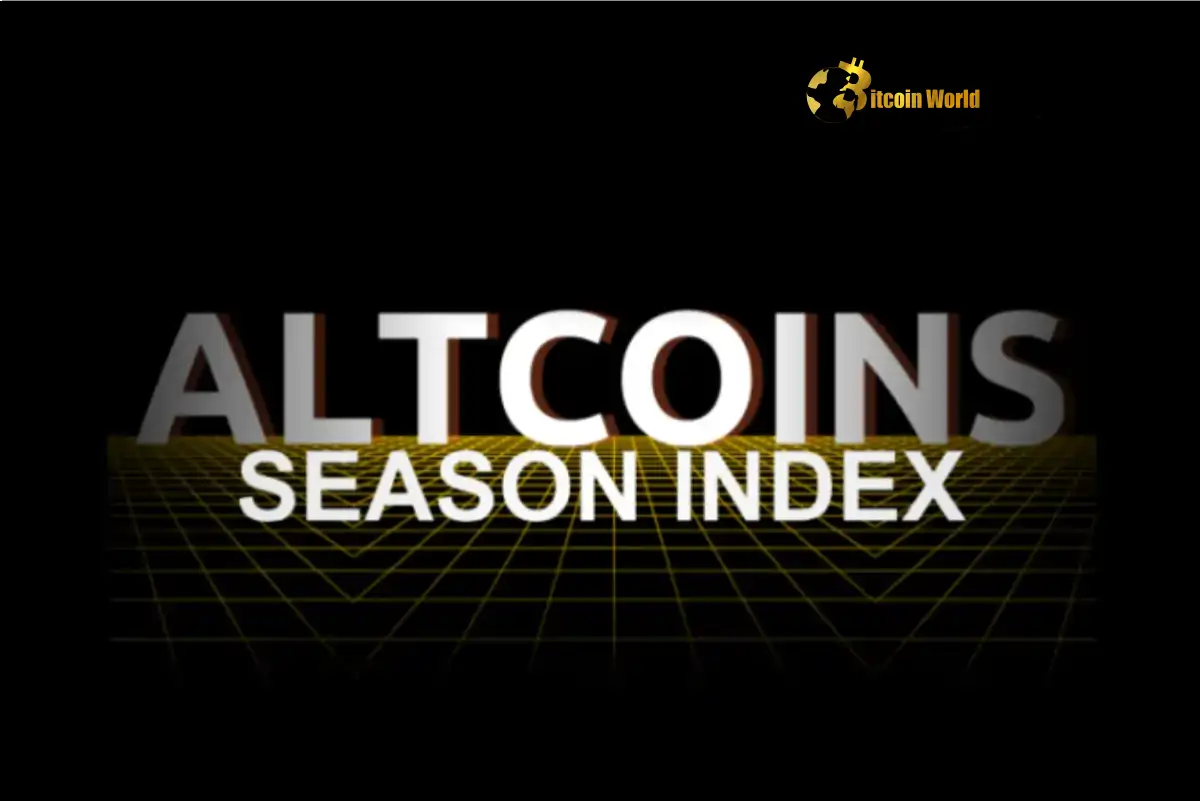BitcoinWorld

OpenAI AGI: Unlocking the Future of AI Through a Landmark Microsoft Deal
In the rapidly evolving landscape where blockchain innovation often intersects with artificial intelligence, a pivotal development is unfolding that could redefine the very fabric of the AI industry. The tech world is abuzz with reports of advanced negotiations between Microsoft, the colossal software giant, and OpenAI, the trailblazing AI research firm. At the heart of these discussions lies a critical question: how will access to cutting-edge OpenAI AGI technology be managed as humanity inches closer to the elusive milestone of artificial general intelligence? This potential agreement carries immense weight, not just for the two companies involved, but for the broader technological ecosystem, including those keenly watching the convergence of AI and decentralized finance.
Why is the Microsoft OpenAI Deal So Crucial?
The ongoing discussions surrounding a new agreement between Microsoft and OpenAI are far more than just standard business negotiations; they represent a foundational shift in how future AI advancements might be controlled and distributed. Microsoft, having invested a staggering $13.75 billion into OpenAI, has deeply integrated OpenAI’s models into its core products, including the pervasive Azure OpenAI Service and its Copilot suite across Windows, Office, and GitHub. This strategic alliance has been a cornerstone of Microsoft’s recent resurgence in the AI arms race, giving it a significant competitive edge.
The current agreement between the two tech titans is set to expire in 2030, or, more intriguingly, whenever OpenAI officially declares it has achieved Artificial General Intelligence (AGI). This ‘AGI milestone’ is a nebulous concept, lacking a universally agreed-upon definition, yet it holds profound implications. For Microsoft, the prospect of OpenAI suddenly declaring AGI and potentially altering or cutting off access to its foundational models is a catastrophic scenario. It would dismantle years of strategic investment and integration, potentially costing Microsoft its leading position in the generative AI space. Therefore, securing ongoing, robust access to OpenAI’s technology, even beyond this theoretical AGI declaration, is not merely a preference for Microsoft; it is an absolute necessity for its continued innovation and market dominance.
Navigating the Path to OpenAI Commercialization: What’s at Stake?
OpenAI’s journey toward full commercialization is fraught with complexities, stemming from its unique organizational structure. Initially conceived as a mission-driven non-profit, it evolved to oversee a capped for-profit entity. This hybrid model was designed to balance the pursuit of groundbreaking AI research with the need for substantial funding, all while theoretically limiting its pure commercial ambitions. However, as the demand for its technologies like ChatGPT has skyrocketed, this structure has proven to be a significant constraint.
The current setup caps investor returns, meaning even Microsoft, as the largest backer, cannot realize the full financial upside of its investment in a traditional equity sense. OpenAI’s desire to ‘shake off its constraints’ and transition to a more conventional for-profit enterprise is driven by the need for greater financial flexibility, the ability to raise more capital without the limitations of the capped structure, and to offer formal equity to investors. This transition would allow OpenAI to operate more akin to a standard tech company, potentially accelerating its growth and research capabilities. However, this path is not without its significant roadblocks. Regulatory scrutiny, particularly from antitrust bodies concerned about market dominance in AI, poses a substantial hurdle. Furthermore, the high-profile lawsuit filed by Elon Musk, seeking to block OpenAI’s for-profit transition and alleging a deviation from its original non-profit mission, adds another layer of legal and reputational complexity. These factors contribute to the protracted negotiations, as both companies strive to find a mutually beneficial path forward that also satisfies external pressures.
Securing Vital AI Technology Access: Microsoft’s Strategic Imperative
Microsoft’s strategic dependence on OpenAI’s technology cannot be overstated. The Redmond giant has not just invested capital; it has built entire product lines and services around OpenAI’s models. The Azure OpenAI Service, for instance, allows businesses to leverage OpenAI’s powerful AI models through Microsoft’s cloud infrastructure, making it a critical revenue stream and a key differentiator in the cloud computing market. Similarly, the integration of OpenAI’s capabilities into Copilot across its flagship products like Windows, Office, and GitHub has revolutionized productivity and software development for millions of users.
The primary concern for Microsoft is the potential scenario where OpenAI, upon declaring AGI, might unilaterally decide to restrict or alter access to its core technology. Such a move would effectively pull the rug out from under Microsoft’s extensive AI strategy, jeopardizing its competitive advantage and the billions invested. The current talks are therefore centered on securing an ironclad agreement that guarantees continued access to OpenAI’s foundational models, irrespective of the AGI declaration or the current deal’s 2030 expiration. Beyond mere access, the negotiations also touch upon the financial relationship. OpenAI reportedly seeks to pay Microsoft a lower share of its revenue as it matures, reflecting its growth and increasing independence. Conversely, Microsoft is pushing for a larger equity stake in the restructured, fully for-profit OpenAI, with Bloomberg reporting discussions in the low-to-mid 30% range. This equity stake would not only secure long-term access but also provide Microsoft with substantial financial returns as OpenAI’s valuation continues to soar. A crucial, though often overlooked, aspect of these talks is OpenAI’s reported desire to ensure Microsoft deploys its technology safely, especially as the capabilities approach AGI. This highlights a shared responsibility for ethical AI development, acknowledging the profound societal impact of such powerful tools.
What Does the Future of AI Hold for This Alliance?
The outcome of the Microsoft-OpenAI negotiations will undoubtedly cast a long shadow over the entire future of AI industry. A successful, comprehensive agreement could set a precedent for how major tech collaborations are structured in the age of rapidly advancing artificial intelligence. It could provide a clearer roadmap for the commercialization of cutting-edge AI research, potentially encouraging more investment and innovation. Conversely, a failure to reach an agreement, or significant delays due to regulatory or legal challenges, could introduce uncertainty into the AI landscape, impacting market confidence and potentially slowing down the pace of AI development.
This alliance is not just about business; it’s about shaping the trajectory of one of humanity’s most transformative technologies. The emphasis on safe deployment, as reportedly requested by OpenAI, underscores the growing awareness within the industry of the immense power and potential risks associated with AGI. As these capabilities become more sophisticated, the ethical considerations and governance frameworks become paramount. The decisions made by these two companies today will influence how AI is developed, distributed, and utilized globally for decades to come. Understanding these complex dynamics is crucial for anyone invested in the tech world, from seasoned venture capitalists to blockchain innovators, as the ripple effects of AI advancements touch every sector. Events like Bitcoin World Disrupt 2025, which gather tech and VC heavyweights, provide invaluable platforms for discussing these very trends and gaining insights into the strategic moves shaping the future of AI and related technologies.
Conclusion
The high-stakes negotiations between Microsoft and OpenAI are more than just a corporate drama; they are a defining moment for the artificial intelligence landscape. The ability to secure ongoing access to groundbreaking AI technology, particularly as the industry approaches the ambiguous AGI milestone, is paramount for Microsoft’s strategic positioning. For OpenAI, this deal represents a critical step towards full commercialization, offering greater financial flexibility and traditional equity for its investors, albeit amidst regulatory and legal challenges. The outcome of these talks will not only determine the future trajectory of these two giants but will also profoundly influence the development, deployment, and ethical considerations surrounding advanced AI for the entire world. It’s a complex dance of innovation, ambition, and responsibility, with the potential to reshape our technological future.
To learn more about the latest AI market trends, explore our article on key developments shaping AI models and their institutional adoption.
This post OpenAI AGI: Unlocking the Future of AI Through a Landmark Microsoft Deal first appeared on BitcoinWorld and is written by Editorial Team





